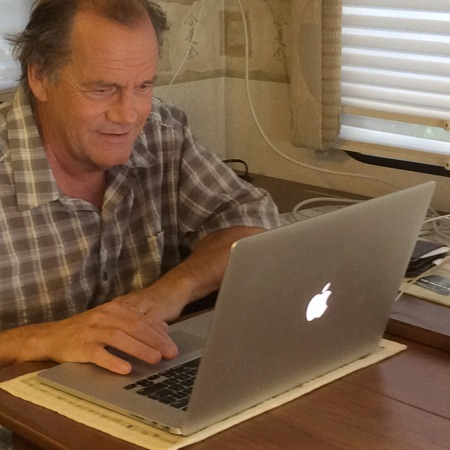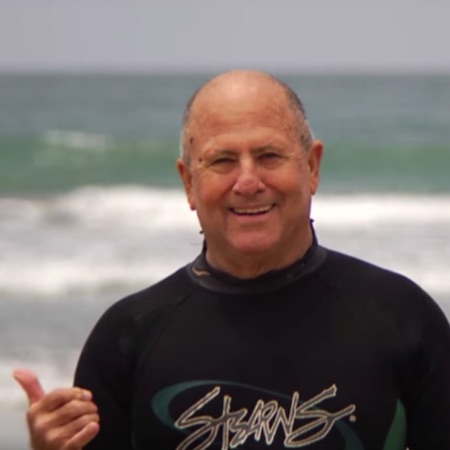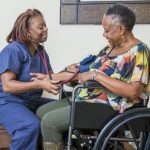Go Fourth!
Declaring Independence from Your Dialysis Schedule.
Flags waving.
Red, white, and blue parades.
Spectacular fireworks.
And, of course, lots and lots of backyard barbecues.
With all this great stuff happening on and around July 4th, sometimes it’s easy to forget what we’re actually celebrating. For the founding fathers, independence was a word that meant breaking from a harsh monarchy and setting up a new system of government.
For those with kidney disease, independence has a whole different meaning, but carries some of the same importance from a health and lifestyle standpoint. No one wants to be "ruled over" by a disease, to have decisions made for them by something beyond their control. What everyone wants – and deserves – is life, liberty, and to pursue happiness!
Feeling better is the best path toward independence, and one option that can help ESRD patients is more frequent home hemodialysis (HHD). HHD patients using the NxStage systems say they have more energy,1 better overall quality of life,2 and have more control over their schedule and lives.3 So, in honor of our country’s birthday and the spirit it inspires, let’s look at some of the ways more frequent HHD can make you feel freer and more independent.
The reported benefits of home hemodialysis (HHD) may not be experienced by all patients.
The NxStage System is a prescription device and, like all medical devices, involves some risks. The risks associated with hemodialysis treatments in any environment include, but are not limited to, high blood pressure, fluid overload, low blood pressure, heart-related issues, and vascular access complications. When vascular access is exposed to more frequent use, infection of the site, and other access related complications may also be potential risks. The medical devices used in hemodialysis therapies may add additional risks including air entering the bloodstream, and blood loss due to clotting or accidental disconnection of the blood tubing set.
Home hemodialysis with the NxStage System during waking hours may not require a care partner, provided a physician and a qualified patient agree that solo home hemodialysis is appropriate. Patients performing nocturnal treatments are required to have a care partner. Care partners are trained on proper operation and how to get medical or technical help if needed.
Certain risks associated with hemodialysis treatment are increased when performing solo HHD because no one is present to help the patient respond to health emergencies. If patients experience needles coming out, blood loss, or very low blood pressure during solo HHD, they may lose consciousness or become physically unable to correct the health emergency. Losing consciousness or otherwise becoming impaired during any health emergency while alone could result in significant injury or death. Additional ancillary devices and training are required when performing solo HHD
Certain risks associated with hemodialysis treatment are increased when performing nocturnal therapy due to the length of treatment time and because therapy is performed while the patient and care partner are sleeping. These risks include, but are not limited to, blood access disconnects and blood loss during sleep, blood clotting due to slower blood flow and/or increased treatment time, and delayed response to alarms when waking from sleep.
Patients should consult their doctor to understand the risks and responsibilities of performing these therapies using the NxStage System.












